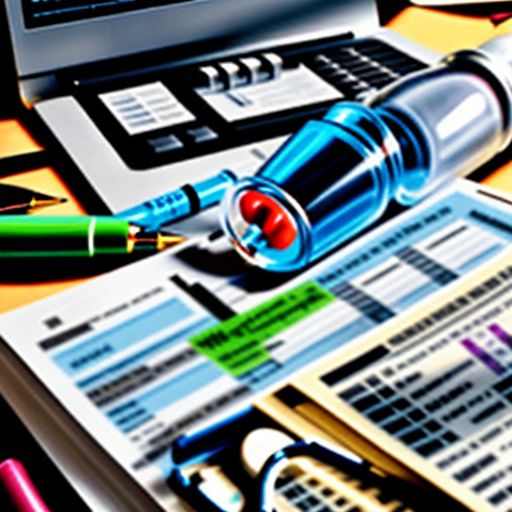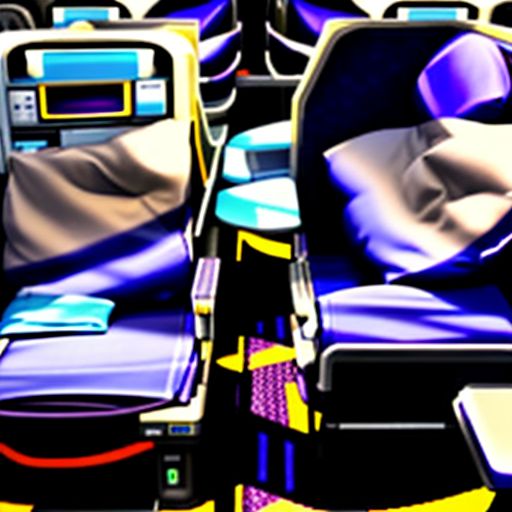Have you ever wondered how healthcare providers get reimbursed for their services? It all comes down to accurate medical coding and billing. These crucial processes ensure that hospitals, clinics, and physicians receive proper payment for the care they provide. If you have a knack for detail and a passion for the healthcare industry, a career in medical coding and billing could be the perfect fit. And the first step on this exciting path? Enrolling in top-notch Medical Coding And Billing Classes.
Understanding the Power of Medical Coding and Billing
What Exactly Are Medical Coding and Billing?
Medical coding and billing might sound complex, but they can be broken down into two key areas:
- Medical Coding: This involves translating a patient’s medical records – including diagnoses, procedures, and equipment used – into standardized alphanumeric codes. Think of it like a secret language that only medical coders know! These codes are pulled from systems like the ICD-10 (International Classification of Diseases) and CPT (Current Procedural Terminology).
- Medical Billing: Once the codes are assigned, medical billers take over. They use specialized software to create claims and submit them to insurance companies and government payers. They act as a liaison, ensuring claims are processed quickly and correctly so healthcare providers get paid.
classes.daohocthuat.com/wp-content/uploads/2024/07/Medical coding and billing process-66908c.jpg" alt="A flowchart illustrating the medical coding and billing process, highlighting key steps like patient registration, medical coding, claim submission, and payment processing" width="512" height="512">A flowchart illustrating the medical coding and billing process, highlighting key steps like patient registration, medical coding, claim submission, and payment processing
Why Medical Coding and Billing Matter
These interconnected fields are the backbone of the healthcare revenue cycle. Here’s why they are so important:
- Timely Payments for Providers: Accurate coding and billing ensure that healthcare providers receive the correct reimbursement for their services. This, in turn, allows them to keep their doors open, invest in new technologies, and continue serving their communities.
- Faster Claims Processing: By using the correct codes and submitting clean claims, medical billers prevent delays in payment. This leads to a more efficient revenue cycle for everyone involved.
- Preventing Fraud and Abuse: Medical coding and billing professionals are trained to spot errors and inconsistencies that could indicate fraud. Their vigilance helps maintain the integrity of the healthcare system.
- Improved Patient Experience: When billing is handled efficiently, patients are less likely to encounter confusing bills or unexpected charges, leading to a smoother and less stressful healthcare journey.
FAQs About Medical Coding And Billing Classes
As you explore this rewarding career path, you likely have questions. Let’s address some common queries about medical coding and billing classes:
What Will I Learn in Medical Coding And Billing Classes?
Medical coding and billing programs provide a comprehensive understanding of the industry, covering topics like:
- Anatomy and Physiology: You’ll delve into the human body and its systems, building a foundation for understanding medical terminology.
- Medical Terminology: You’ll master the language of medicine, learning prefixes, suffixes, and root words to decipher medical records.
- Coding Systems: Become proficient in using ICD-10, CPT, and HCPCS Level II coding systems.
- Billing Software: Gain hands-on experience with industry-standard billing software programs.
- Healthcare Regulations: Understand HIPAA privacy rules, compliance guidelines, and ethical billing practices.
- Insurance Plans: Learn the ins and outs of different insurance plans, including Medicare and Medicaid.
How Long Do Medical Coding And Billing Classes Take to Complete?
The duration of your training can vary depending on the program format (online vs. on-campus) and whether you choose a diploma, certificate, or associate degree. On average, you can expect to spend:
- Diploma Programs: 6-12 Months
- Certificate Programs: 3-9 Months
- Associate Degree Programs: 2 Years
What are the Career Opportunities After Completing Medical Coding And Billing Classes?
Graduates of medical coding and billing programs are in high demand! You can pursue roles such as:
- Medical Coder: Assign codes to patient records in hospitals, physician offices, or outpatient clinics.
- Medical Biller: Submit claims and manage the billing process for healthcare providers.
- Coding Specialist: Specialize in a particular area of coding, such as outpatient surgery or emergency medicine.
- Healthcare Administrator: Use your coding and billing expertise to manage the financial operations of a healthcare facility.
Take the First Step Towards a Rewarding Career
Medical coding and billing classes open doors to a stable and fulfilling career in the ever-growing healthcare industry. If you’re organized, detail-oriented, and eager to make a difference, this could be the perfect path for you. Explore accredited programs in your area and embark on a journey toward a brighter future!




